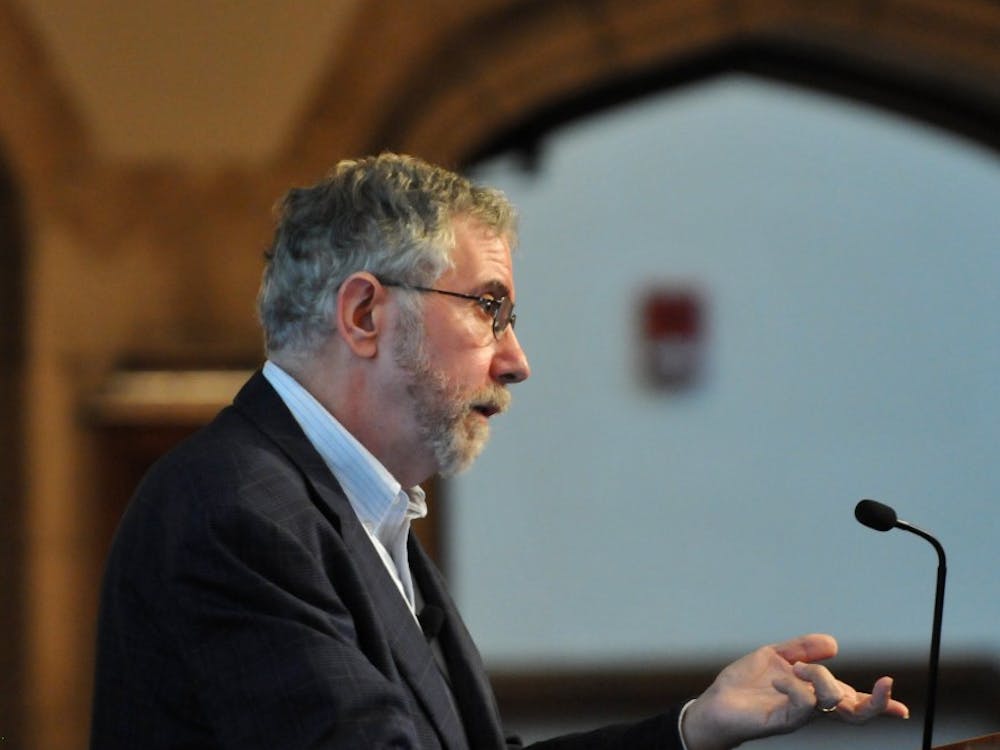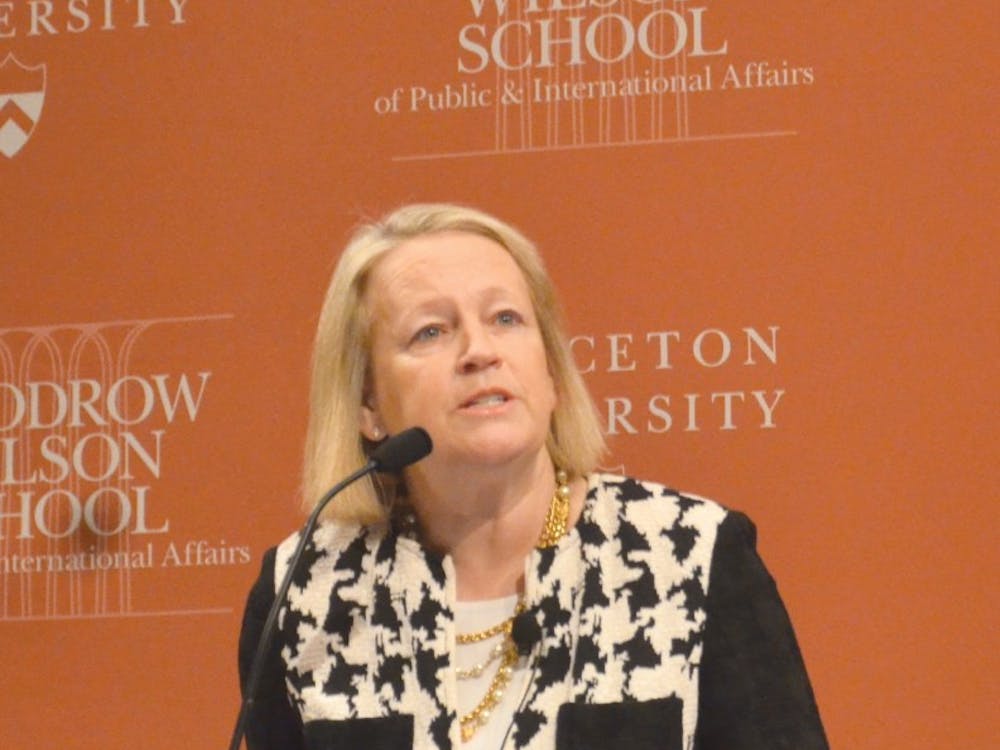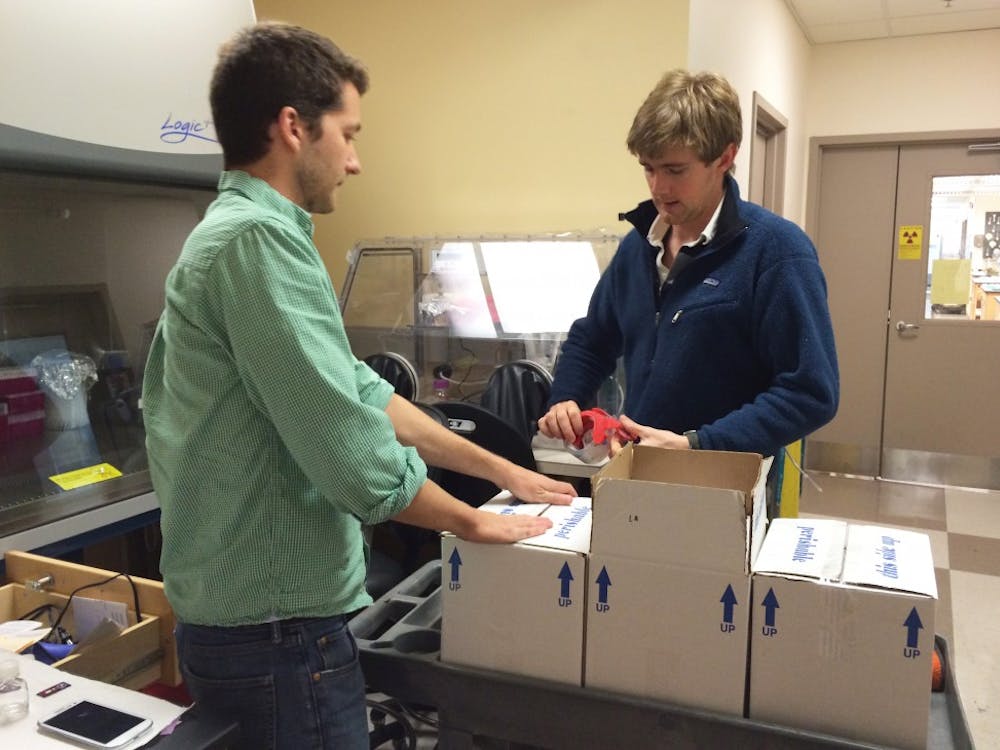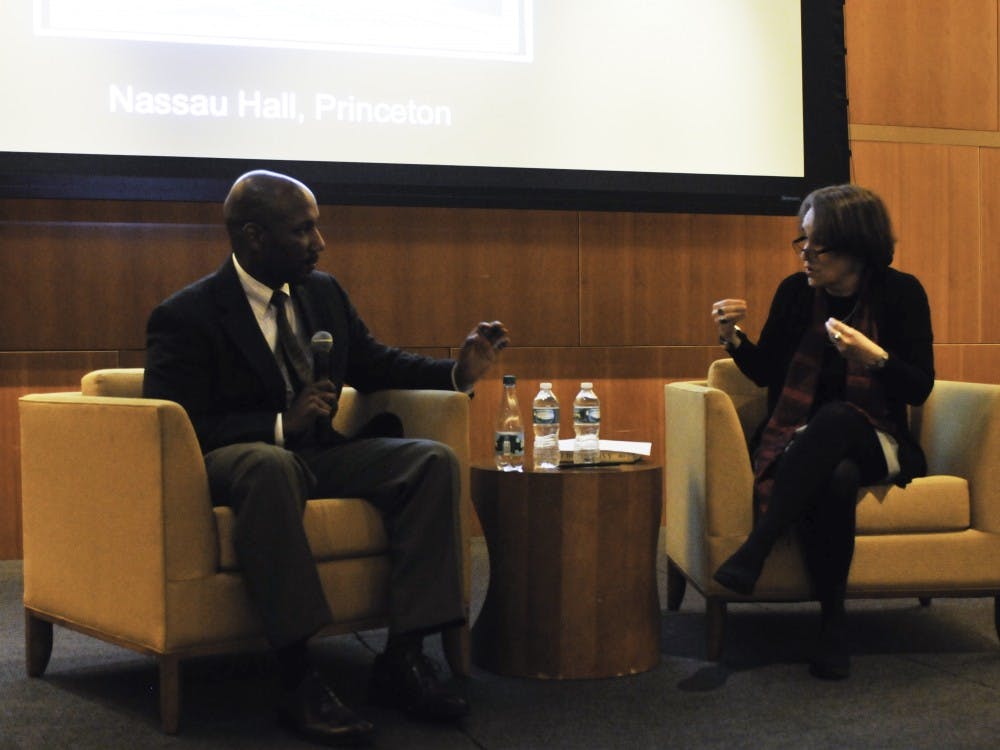Latke triumphs in annual Latke-Hamentaschen Debate
Ruby ShaoHistory professor Julian Zelizer said the political atmosphere between Latke Lovers and Hamentaschen Hubrists has become "more toxic, more poisonous and more rancorous"at the packed annual Latke-Hamentaschen Debate on Sunday afternoon. The debate involved the merits of two traditional Jewish foods: the latke and the hamentaschen.









